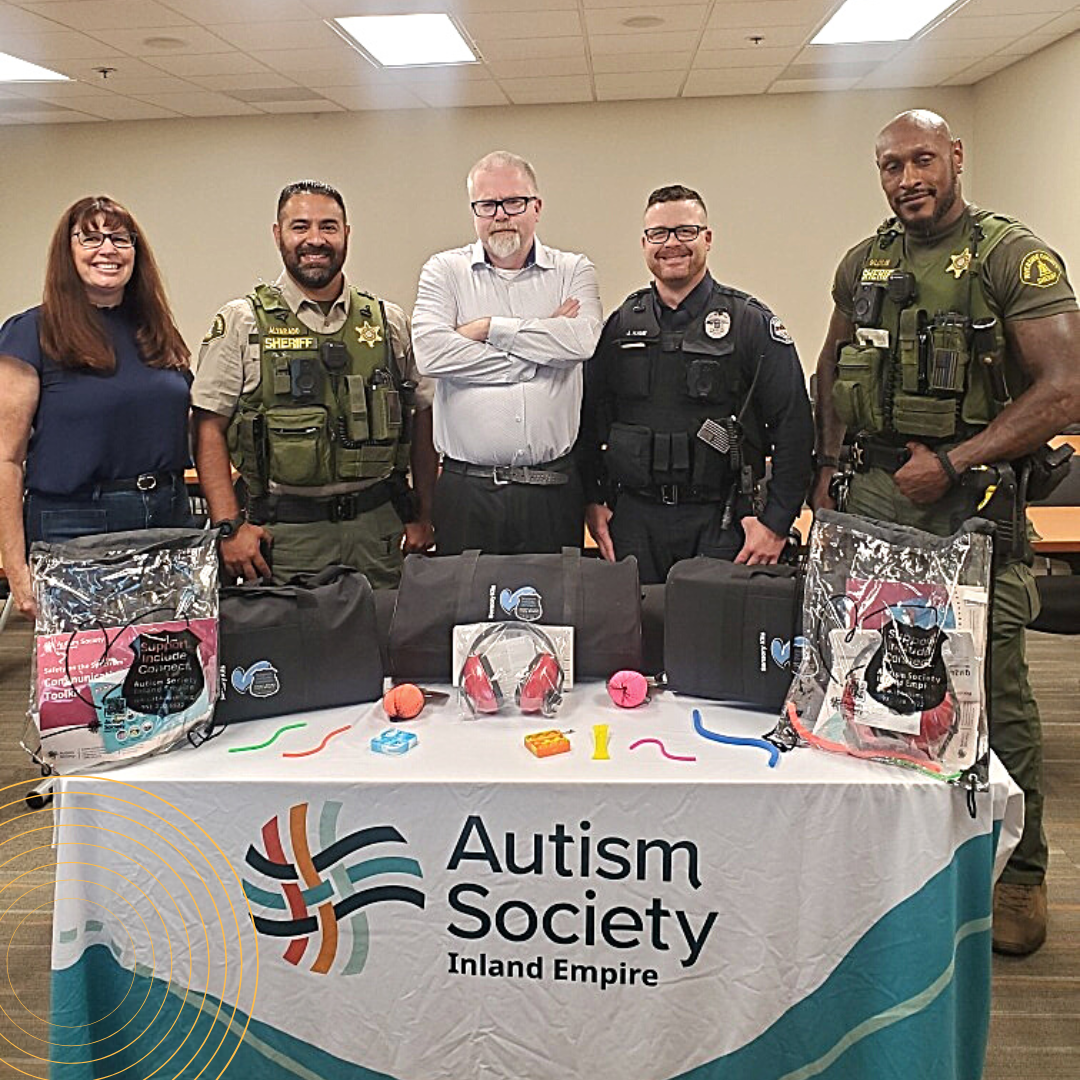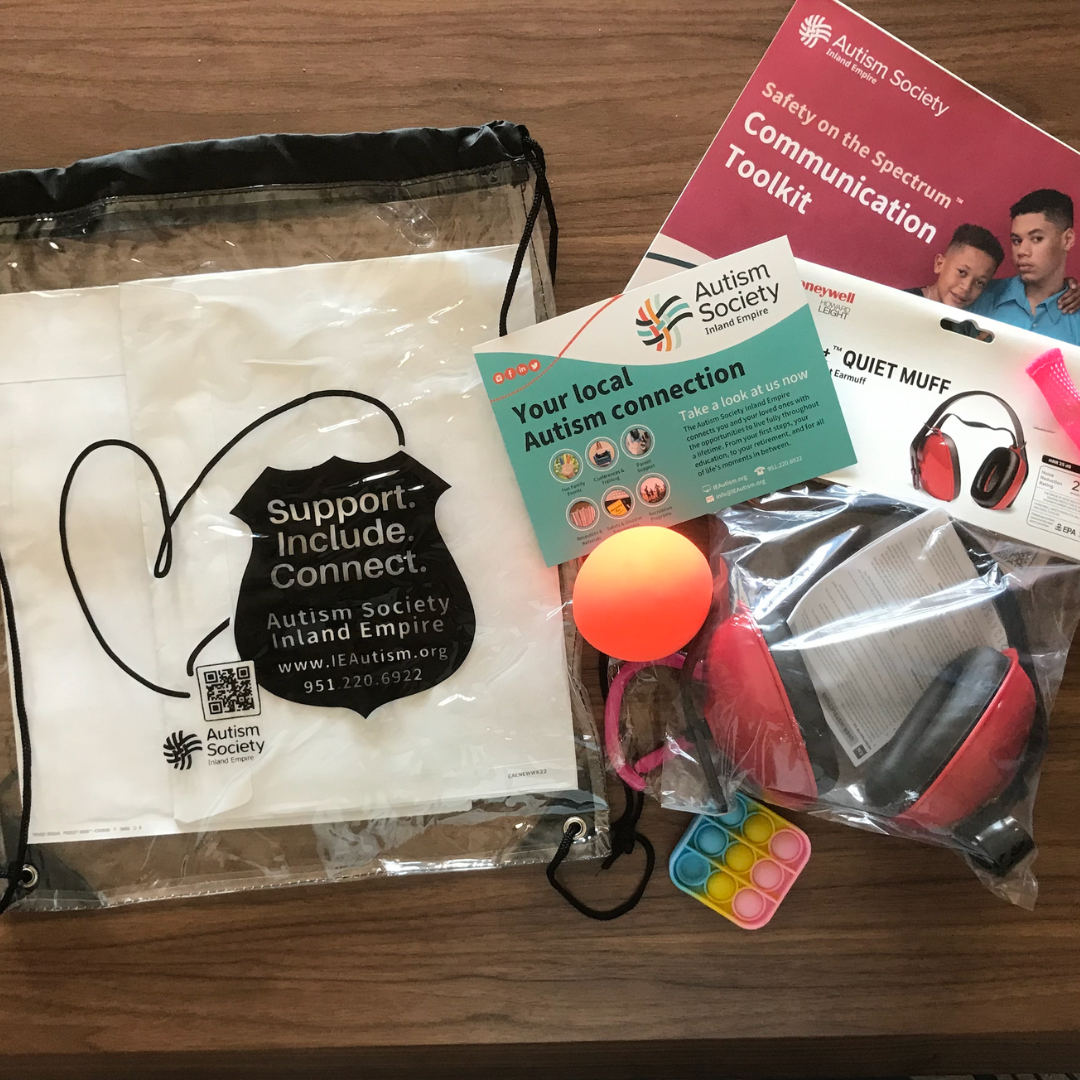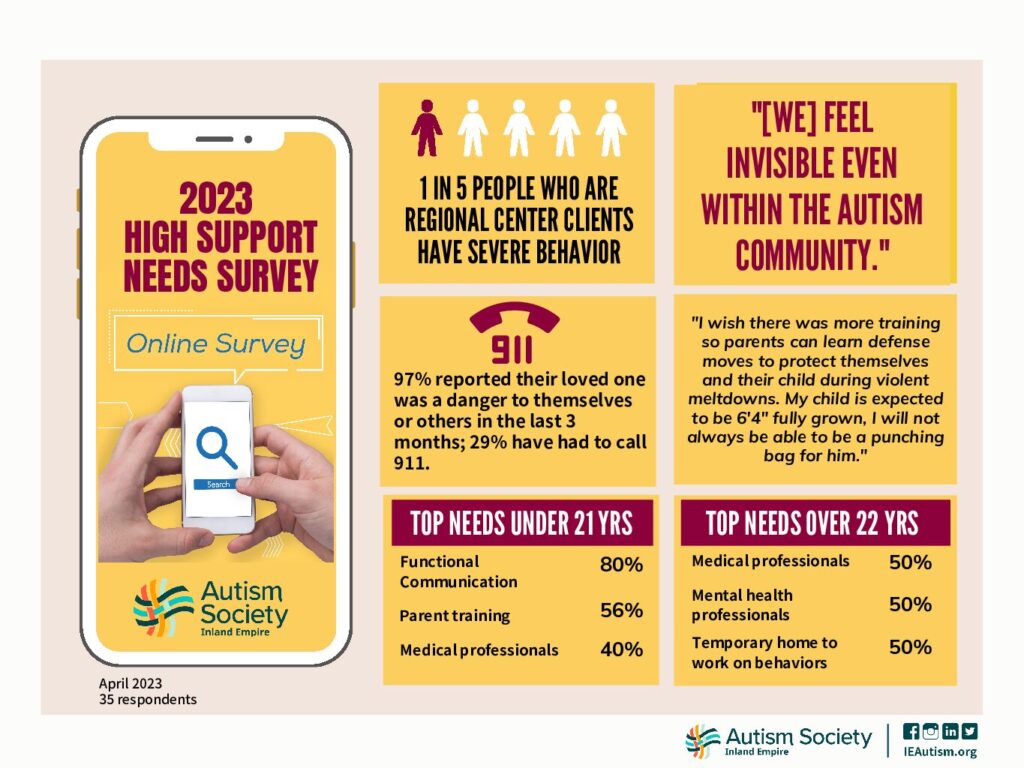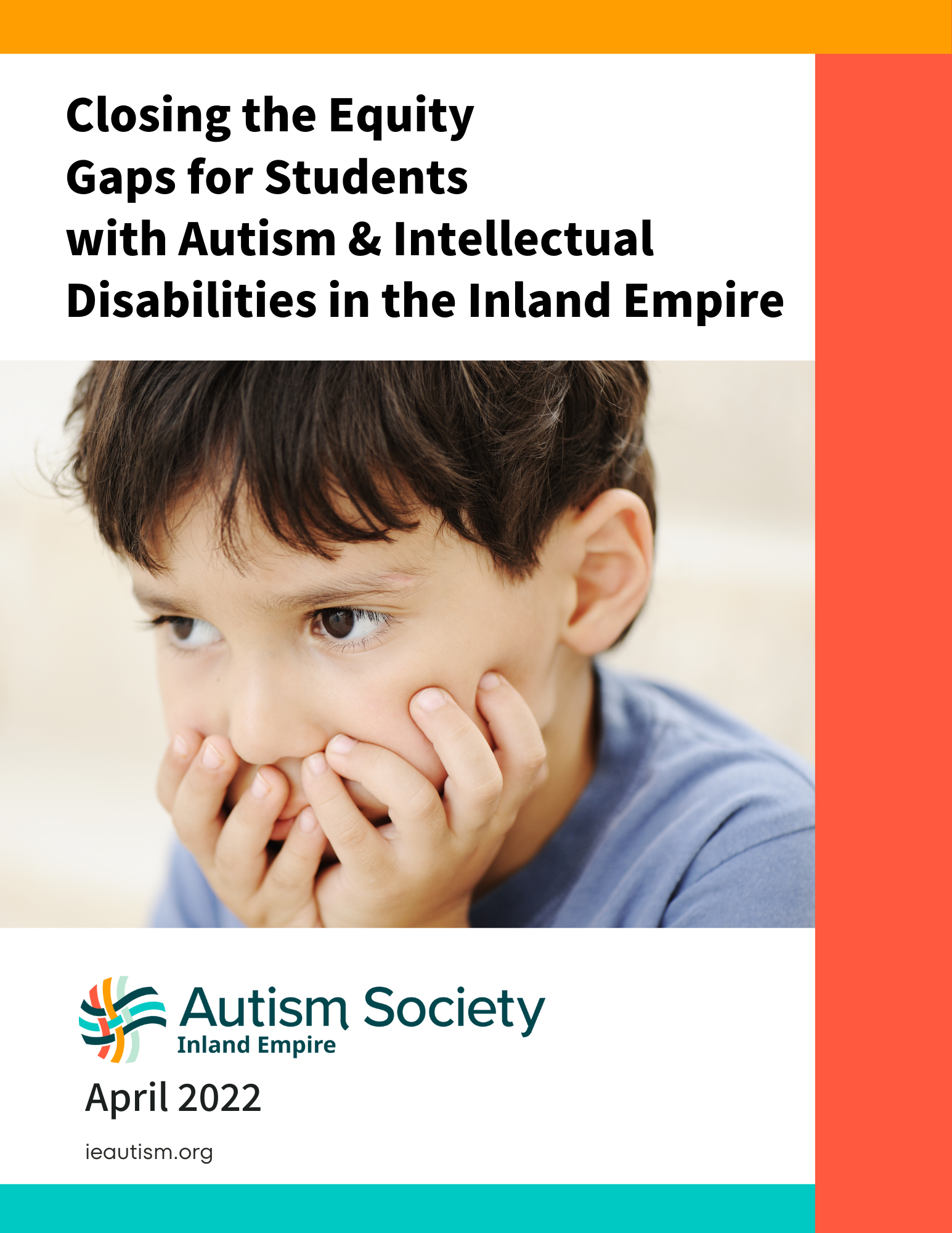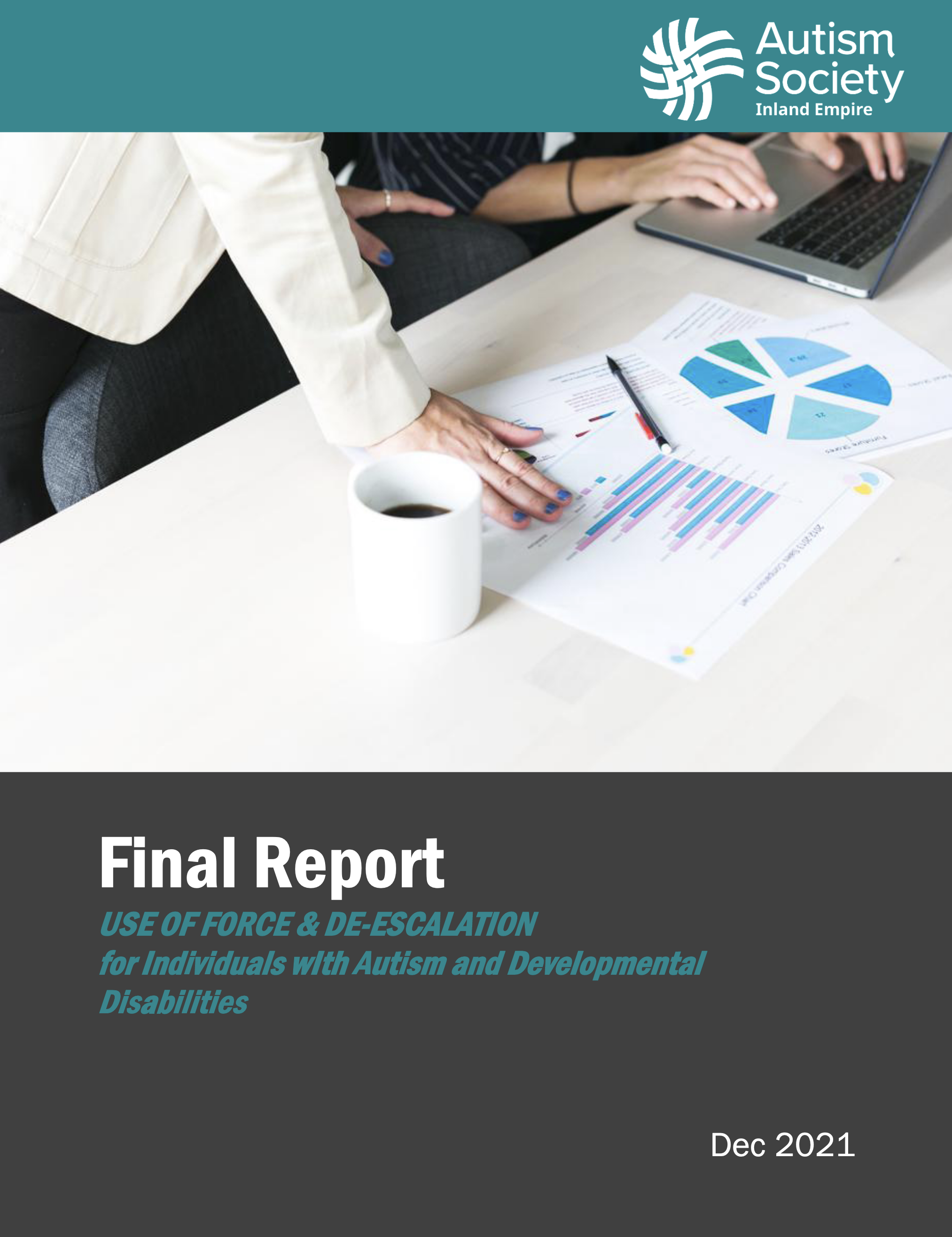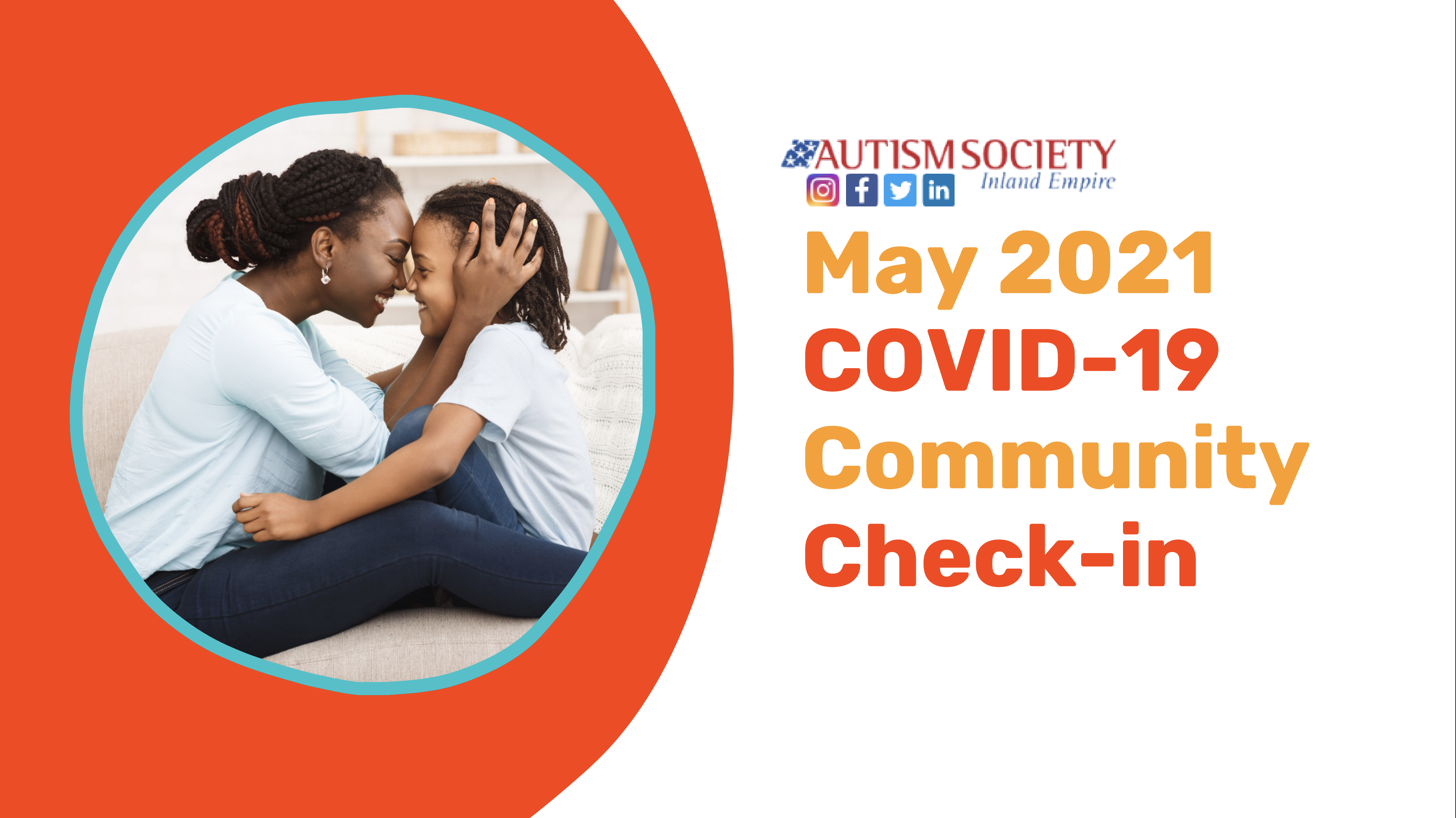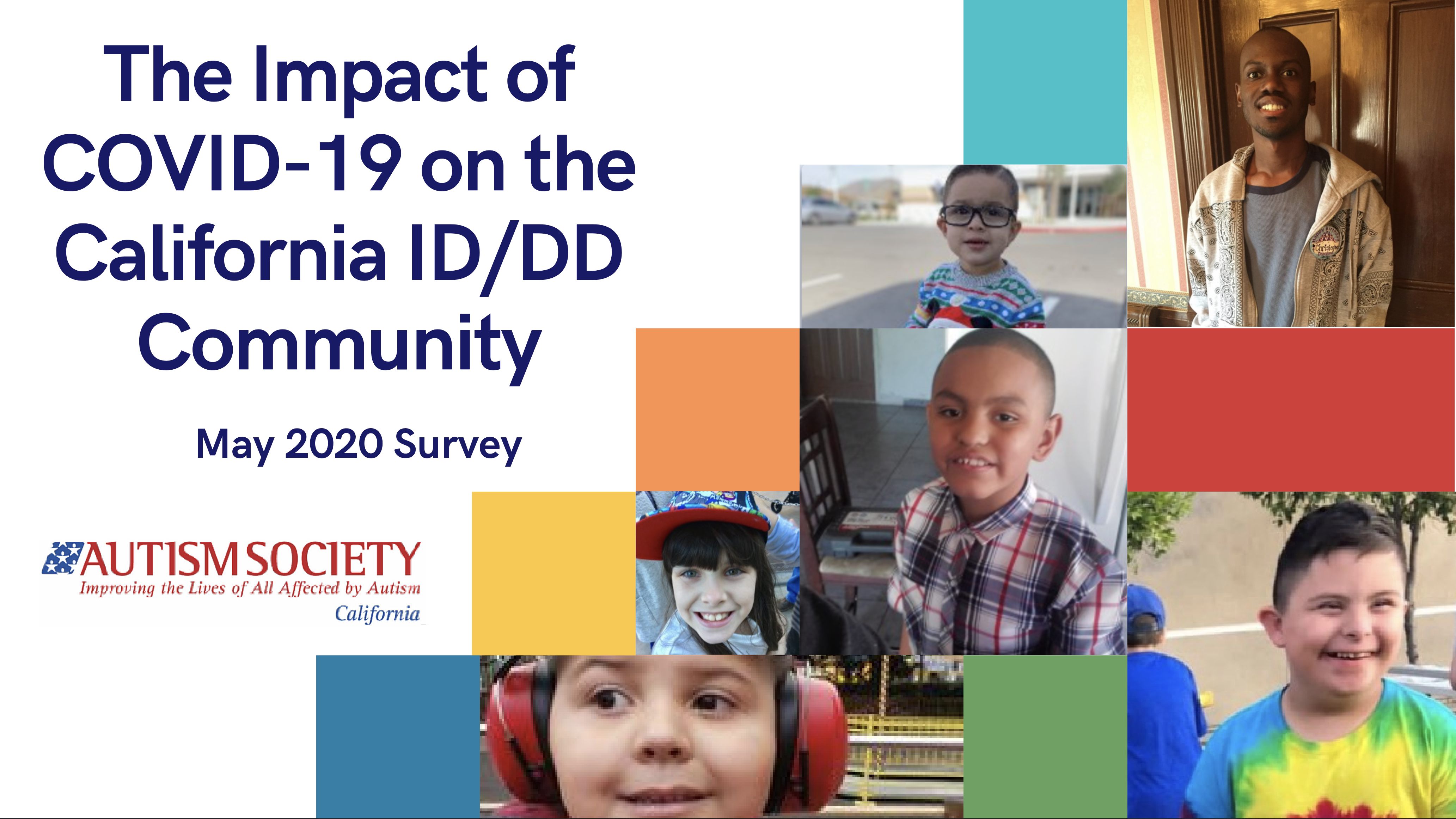How We
Innovate

Early Intervention
Early intervention is a system of services and support that can help young children and their families to address their developmental needs and improve their outcomes.
Children learn and grow. It is important to find good services, treatments, and education for your child as soon as you can. The sooner your child gets the right help, the more they can improve (but it’s never too late to make their life better). Your child may take longer than others to reach their goals, but they can still have a happy and meaningful life with your support.
Latino Community of Practice
For the last five years, the Autism Society Inland Empire received a grant from the Department of Developmental Services (DDS) to continue the Colaboración, Liderazgo, Abogacía, Servicio y Educación (CLASE) Community of Practice for leaders of groups and non-profit organizations that serve Hispanic and Spanish speaking individuals and families with intellectual and developmental disabilities (I/DD) here in Riverside and San Bernardino Counties.
CLASE is a group of leaders united to create better communication bridges to address the disparity of services. Our mission is to provide information, educate, train, and empower community group leaders who primarily serve families in the Hispanic community with a loved one with disabilities in the Inland Empire.
Projects we worked on included developing new resource material shared by the group, increase knowledge and skills around stakeholder advocacy, reducing burnout during COVID, person-centered thinking, and social media marketing. You can find many of the created resources on the Recursos En Español page.

Law Enforcement and Safety
All parents have safety concerns regarding their children. Still, children and adults with autism are at a higher risk of interactions with law enforcement, being hurt, victimized, or wandering away (sometimes called eloping). The Autism Society Inland Empire assists First Responders and families in addressing these issues. Safety skills can be taught as part of life skills. Some of these skills can be added to an IEP as part of an in-home ABA program or Independent Living Skills (ILS) program. We want to equip our community with the knowledge and resources so we all can live healthy life.
Autistic people communicate differently. Some people may be non-verbal or find traditional forms of communication difficult or confusing, and during a time of stress, communication may get even more difficult. Thanks to a grant from Ability Central, the Autism Society Inland Empire, with the help of adults with Autism and professionals, has created an Emergency Toolkit. This toolkit is being given to First Responders and families to give the members of our community to communicate in a crisis situation. Click here for more information.
People with disabilities are 2 to 4 times more likely to die or sustain a critical injury during a disaster than people without disabilities. Since 2016, the Autism Society Inland Empire has started its Safety and Disaster Preparedness Initiative. We have subject matter experts and adults with Autism present on topics including building a safety plan, preparing for a disaster, active shooter training, interacting with law enforcement, using a fire extinguisher, what to do during an earthquake, hands-only CPR, and more. Click here for more information.
By the time they reach age 21, one in five autistic youths will have been questioned by police and one in 20 will be arrested. The Autism Society Inland Empire has created a 4-hour POST certified training, “Use of Force & De-escalation or Individuals with Autism and Developmental Disabilities.” This class is taught by retired officer Brian Herritt and features interaction with adults with Autism and other developmental disabilities. Over 200 officers have been trained, and the class continues to receive excellent reviews. There may be a charge for this class, depending on grant availability. Contact us at 951-220-6922 or [email protected] for more information.
Make Sure Your Family Is Prepared!It is common for some individuals with Autism to want to stay in their bedroom or their favorite safe place during a fire. They may be waiting for someone to rescue them or tell them what to do. Some will be overcome with the fight, flight, or freeze response and even become combative if someone tries to remove them from their room. Click here on how to help your family prepare for a house fire.
These optional programs are designed to assist Law Enforcement agencies with members of the community who have disabilities such as Autism Spectrum Disorder, Dementia, Alzheimer’s, Down syndrome, and other developmental and intellectual disabilities to ensure the special needs person’s safe return home. Click here to find information for Riverside, San Bernardino and Orange Counties.
We have compiled a list of safety information and resources on bullying, home and car, workshops, apps, and more!
Providing Understanding for our Community.Thank you to the American Express/Phil Mickelson Foundation for a grant allowing Autism Society Inland Empire to create 500 Sensory Kits for First Responders. These sensory kits were developed from input from First Responders, individuals with Autism, occupational therapists, and educators. These kits are designed to support the emergency scene operations of a person with Autism or other sensory disorders that can be overwhelmed by an emergency situation. There may be a charge for these resources, depending on grant availability. If you are a First Responder agency and would like more information on the Sensory Kits, please contact us at (951) 220-6922 or [email protected].
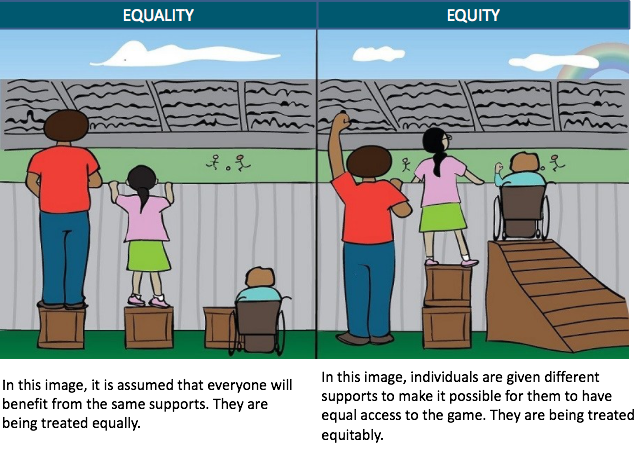
Equity in the Autism Community
As an organization committed to enabling people to live their absolute best lives, we will continue to focus efforts on improving equity and outcomes for vulnerable populations. It’s essential to acknowledge that people of color are disproportionately negatively impacted and experience later autism diagnoses, misdiagnosis, and longer delays from diagnosis to accessing care (see the CDC’s 2020 Community Report on Autism).
Equally important, there continue to be many people on the autism spectrum who need services and support and deserve equitable access to culturally sensitive care. Equitable evaluation and diagnosis as early as possible can help people be connected to the services they need. Access to medical treatment and services, issues around education, suspension rates, and safety are a few of the issues we acknowledge these issues and try to work together to overcome.
Data and Publications
Need intro paragraph here
Survey on Families with Complex/High Support Needs with IDD in the Inland Empire
According the California DDS data in June 2021, 21% of all Regional Center clients have “severe behavior.” These individuals and families often have complex medical, mental health, and behavioral needs. Click the graphic to see the results of the survey and recommendations to help these families.
Report on Equity Gaps for Students with Autism & Intellectual Disabilities in the Inland Empire
Educational equity incorporates ideas of access, opportunity, and need. Students with Autism or Intellectual Disabilities make up 21% of the special education population yet little is known about the issues facing this community. Thank you to the Inland Empire Community Foundation for their generosity to fund this project to gather this data. Over 1200 parents living in the Inland Empire participated in the project.
Final Report on new Law Enforcement Training: Use of Force & & De-escalation for Individuals with Autism and Developmental Disabilities
As the prevalence of Autism and Intellectual/Developmental Disabilities (I/DD) continues to rise in the community, knowledge, experience, and best practices have continued to evolve. It is imperative our law enforcement officers have the most accurate and up-todate knowledge to allow them to make informed decisions in the field. This project allowed us to develop new training to build a higher level of knowledge and skills in law enforcement in the Inland Empire about the Intellectual/Developmental Disability (I/DD) community to increase successful communication and de-escalation techniques to reduce instances of lethal force such as officer-involved shootings (OIS). The Autism Society Inland Empire worked with consultants and adults with developmental disabilities to develop a 4-hour POST certified curriculum. The report details the efficacy of the training.
A National COVID-19 Community Check-in
This survey was sent out electronically in May in which over 6700 people participated.
CLASE Inland Empire Developmental Disability Needs Assessment
Through our partnership with the CLASE Community of Practice, a survey was distributed in Feb 2021 to collect the needs of the community. 761 people participated.



